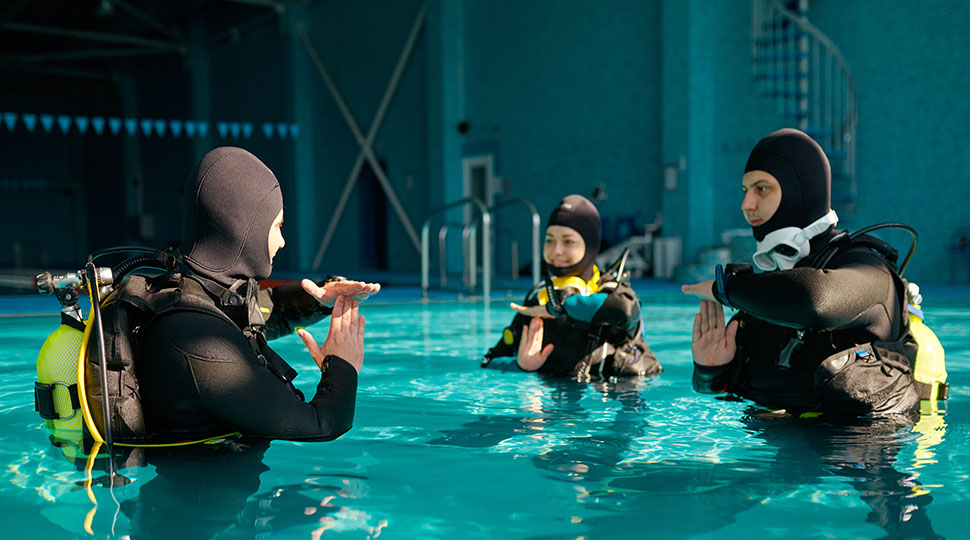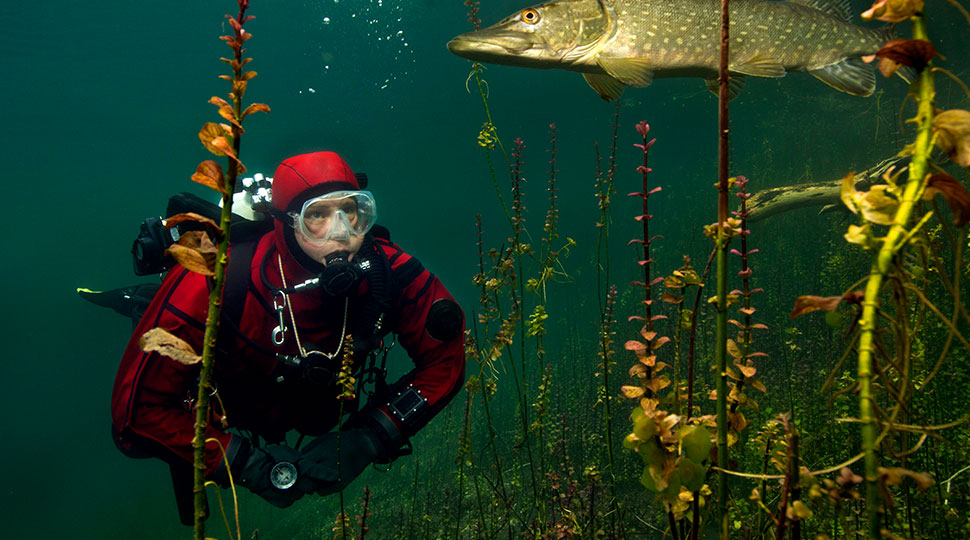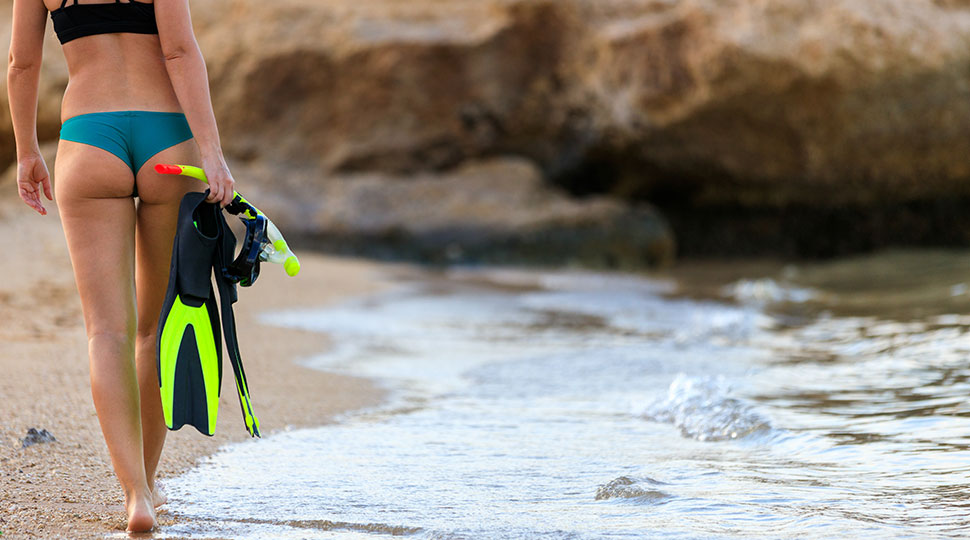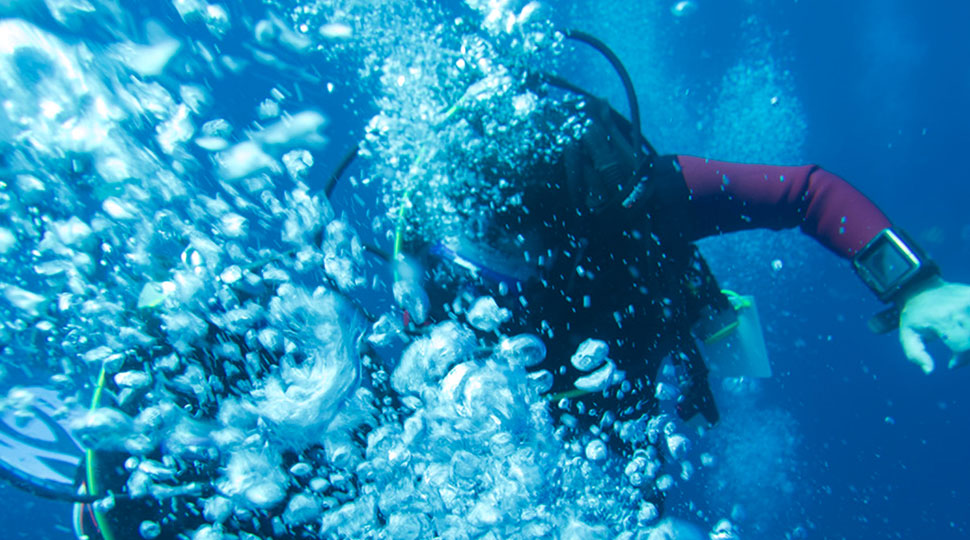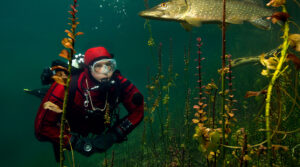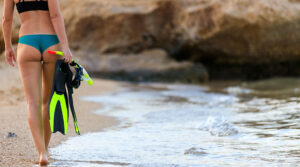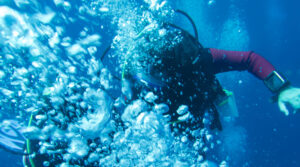Scuba diving is an exhilarating water sport that provides countless benefits to those who engage in it. Not only does it encourage physical fitness and mental well-being, but it also allows interacting with and discovering a captivating underwater world teeming with diverse sea life.
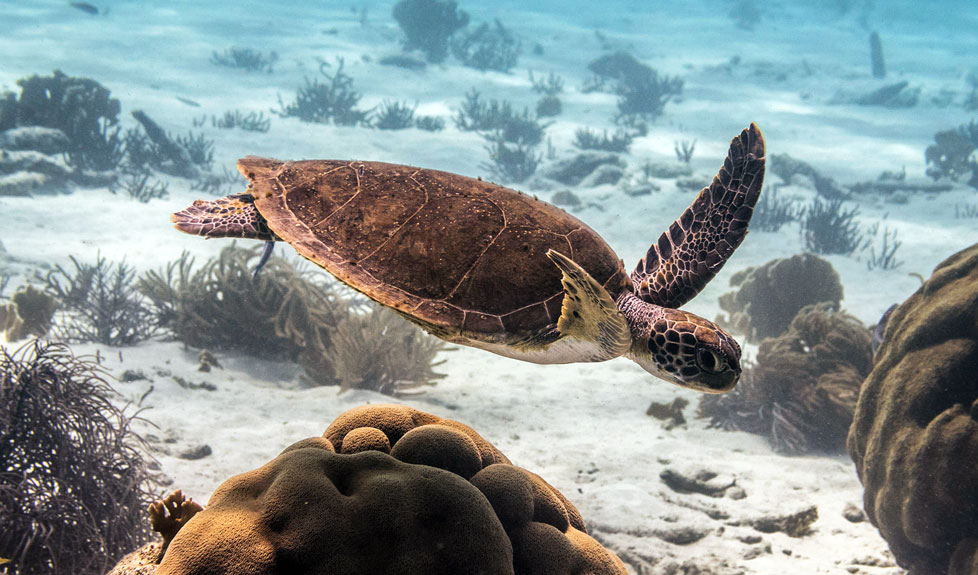
From the smallest delicate coral to the largest majestic whales, the ocean is a treasure trove of natural wonders waiting to be explored.
As you embark on your scuba diving adventures, you will likely have the opportunity to interact with a wide variety of marine creatures. In order to ensure that any interaction you have with sea life is a safe and positive experience for both you and the animals, it is important to be well-prepared and knowledgeable about proper diving etiquette.
Gear and Preparation Tips
Before heading out for a scuba diving experience, it is crucial that you have the essential gear and follow proper pre-dive protocols. This will help guarantee a successful and safe dive, leaving you free to enjoy the wonders of the ocean and interact with sea life with confidence.
Essential Gear for a Successful Dive
To enjoy a safe and rewarding scuba diving experience, you will need the following essential gear:
Mask and snorkel: A good quality diving mask and snorkel will ensure clear vision underwater and allow you to breathe when at the water’s surface.
Fins: Fins provide the necessary propulsion to move through the water efficiently.
Wetsuit or drysuit: These suits help maintain body temperature and provide protection against the elements and marine creatures.
Buoyancy control device (BCD): A BCD keeps you afloat at the surface and controls your buoyancy underwater.
Regulator: The regulator delivers air from your tank to your mouthpiece, allowing you to breathe underwater.
Tanks and weights: Dive tanks hold the compressed air needed for scuba diving, while weights help you maintain neutral buoyancy.
Dive computer and compass: These devices help monitor your dive time, depth and direction while underwater.
Pre-Dive Safety Checks to Ensure a Safe Experience
To ensure a safe and enjoyable dive with minimal risk, it is important to perform pre-dive safety checks:
Review your gear: Double-check that all gear is in good working condition and properly fitted.
Plan your dive: Discuss your dive objectives, possible dive sites, and dive profiles with your buddy.
Check your air supply: Confirm that your dive tank is filled with the appropriate gas mix, and always check your air pressure before you enter the water.
Buddy check: Perform a thorough pre-dive check with your buddy to ensure that both of you are prepared for the dive.
How to Interact with Sea Life
Interacting with sea life can be a magical experience when done responsibly, respectfully, and safely. The following best practices will help you touch sea life in a manner that is considerate of their well-being:
Observe from a distance before attempting contact: Take the time to watch the sea life in their natural habitat, allowing you to better understand their behavior and make informed decisions about whether or not to approach them.
Approach slowly and cautiously: Avoid abrupt movements and loud noises that may startle the animals you’re trying to approach.
Avoid chasing or startling animals: If the sea life seems to be uncomfortable with your presence, respect their space and give them room to move away.
Respect boundaries: Understand that some animals may have specific boundaries and comfort levels. Approach them with caution and be prepared to back off if necessary.
Leave only bubbles, take only memories: As divers, we must keep in mind that we are guests in their aquatic home. Make every effort to minimize your impact on the environment and its inhabitants.
Understanding Animal Behavior
Having a basic knowledge of marine animal behavior is essential for safe and responsible interaction with sea life. This can include:
Learning about the species you are likely to encounter: Do your research so you can recognize and understand the behavior of various marine animals during your dives.
Being aware of signs that an animal is uncomfortable: Watch for signs such as rapid movement, erratic behavior, or defensive postures that may indicate that the animal is feeling threatened.
Benefits of Interacting with Sea Life
Interacting with sea life offers several benefits for both the divers and the animals themselves. Some of these benefits include:
Connecting with nature in a unique way: Scuba diving allows you to immerse yourself in an entirely different world with its fascinating ecosystems, providing a deep connection to the natural world.
Improved appreciation for marine conservation: As you come face to face with the fragile beauty and diversity of sea life, you will likely develop a greater appreciation for the importance of marine conservation efforts.
The Safety Stop
By equipping yourself with the proper gear, knowledge, and respect for sea life, you can create unforgettable memories while ensuring the safety and well-being of the animals you encounter.
Keep in mind that with great opportunity comes great responsibility, so always be considerate and respectful when interacting with these magnificent creatures.
Happy diving!

